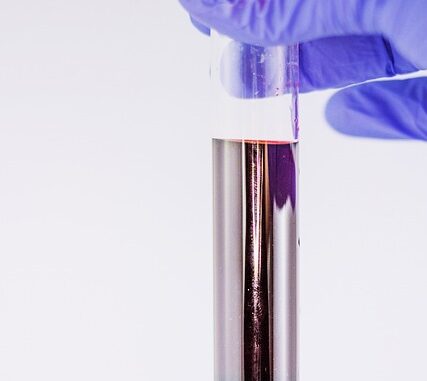
A groundbreaking blood test can now predict if breast cancer will return years before it appears on scans. This “ultra-sensitive” test detects traces of a tumor’s DNA, allowing for early treatment when it’s easier to manage.
How the Test Works
The test, known as a “liquid biopsy,” uses whole genome sequencing to find genetic faults in a patient’s DNA, indicating cancer. Researchers from the Institute of Cancer Research (ICR) in London conducted a trial with 78 patients who had early-stage breast cancer. The test looks for 1,800 mutations in the blood released by cancer cells, called circulating tumor DNA (ctDNA).
Key Findings
The test accurately predicted cancer recurrence in all 11 women whose cancer returned, while none of the other women experienced a relapse. Blood samples were taken at diagnosis, after surgery, and following chemotherapy, and then every three months for the first year and every six months for the next five years.

On average, the test detected cancer 15 months before symptoms appeared or scans showed any signs. In some cases, it identified cancer up to 41 months earlier than scans.
Impact on Treatment
Detecting tumor DNA after surgery or during follow-up indicated a higher risk of future relapse and poorer overall survival. Dr. Isaac Garcia-Murillas, the lead researcher from ICR, explained that cancer cells can remain in the body in such small amounts that they aren’t visible on scans but can cause a relapse years after initial treatment. This ultra-sensitive blood test could offer better long-term monitoring for patients at high risk of recurrence.
Advantages of the New Approach
Most personalized liquid biopsies currently use whole exome sequencing to identify mutations. This new method goes further by using whole genome sequencing to detect up to 1,800 mutations in a patient’s tumor DNA from a blood sample. This increased sensitivity is crucial for early-stage breast cancer patients who have very low amounts of cancer DNA in their blood.
Future Implications
This study sets the stage for improved post-treatment monitoring and potentially life-extending treatments for patients. The ultra-sensitive blood test offers hope for earlier detection and intervention, ultimately improving outcomes for breast cancer patients.
Source: https://www.independent.co.uk/news/health/breast-cancer-blood-test-dna-b2555585.html
